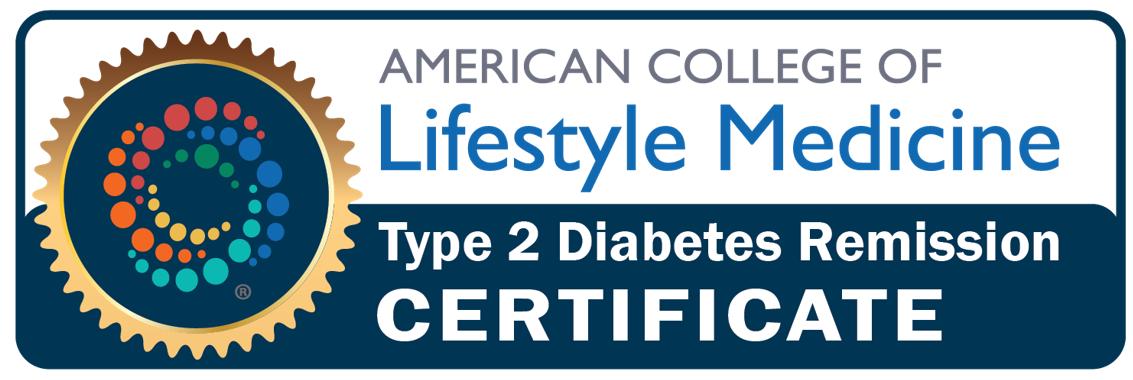Stress Management
Stress Management
Stress has become an unavoidable part of modern life, affecting millions of people worldwide. If left unmanaged, it can lead to serious health issues, including anxiety, depression, and chronic illnesses. The good news? With the right stress management techniques, you can regain control of your life and improve your overall well-being.
What is Stress Management?
Stress management involves adopting strategies to reduce physical, emotional, and mental tension caused by challenging situations. It’s not about eliminating stress altogether but learning to handle it in a healthy and productive way.
Why is Stress Management Important?
Effective stress management is essential for maintaining:
- Mental health: Reduces anxiety and improves focus.
- Physical health: Lowers blood pressure, reduces the risk of heart disease, and strengthens the immune system.
- Overall quality of life: Enhances relationships, productivity, and sleep quality.
Proven Stress Management Techniques
- Mindfulness and Meditation
Engage in mindfulness techniques such as deep breathing, meditation, or yoga to calm your mind and reduce stress.
Even 10 minutes of daily mindfulness can significantly improve your mental health.
- Exercise Regularly
Physical activities like walking, swimming, or cycling help release endorphins, the body’s natural stress relievers.
Aim for at least 30 minutes of moderate exercise most days of the week.
- Time Management
Prioritize your tasks and break larger projects into manageable steps to reduce overwhelm.
- Healthy Lifestyle Choices
Eat a balanced diet, avoid excessive caffeine and alcohol, and ensure you get 7-8 hours of sleep each night.
- Seek Social Support
Share your thoughts and feelings with friends, family, or a support group to ease emotional burdens.

Our Comprehensive Approach
- Nervous System Support
Strengthen the body’s ability to regulate stress using Polyvagal Theory principles.
Build resilience to reduce triggers and improve emotional stability.
- Brain Reset for Optimal Function
Reset the limbic system to break maladaptive patterns and enhance emotional balance.
Restore neurotransmitter balance and detoxify the body to improve overall health.
- Medication Reduction Support
Help reduce dependency on psychiatric medications by addressing root causes and minimizing side effects like cognitive impairments, weight gain, and hormonal imbalances.
- Mind-Body Integration
Use meditation, Tai Chi, and other movement therapies to harmonize the mind and body for lasting stress relief.
Why Choose Functional Medicine Delhi for Stress Management?
At Functional Medicine Delhi, we believe in addressing the root cause of stress rather than just the symptoms. Our expert team offers personalized stress management solutions that include:
- Individualized counseling: Tailored strategies to fit your lifestyle.
- Holistic therapies: A combination of mindfulness, nutrition, and physical activity to promote overall well-being.
Take Control of Your Stress Today
Stress doesn’t have to control your life. With the right stress management techniques, you can achieve a healthier and happier life. Contact Functional Medicine Delhi to learn how we can help you manage stress effectively.

